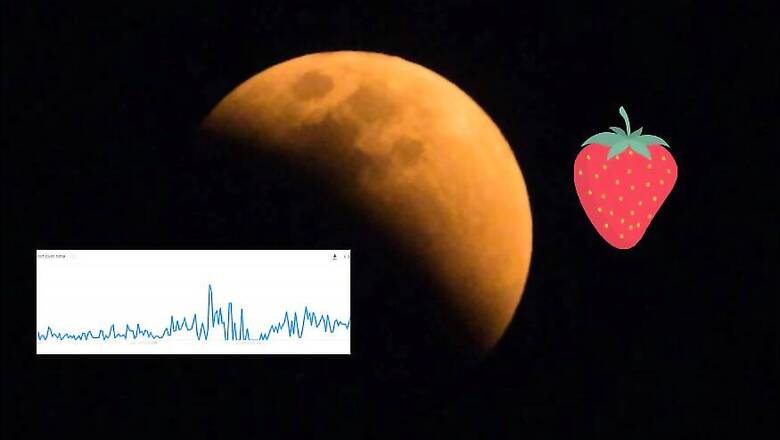
views
This year’s second penumbral lunar eclipse, also known as Chandra Grahan, is set to take place on the intervening night of June 5 and 6. There are three types of lunar eclipses: total, partial and penumbral lunar eclipse.
According to the Time and Date, the second penumbral lunar eclipse will be of three hours and eighteen minutes. The lunar eclipse will be visible from Europe, Asia, Australia, Africa, South and East South America, Pacific, Atlantic, Indian Ocean and Antarctica.
In New Delhi, the lunar eclipse will be visible from 11:15 pm on June 5 and till 02:34 am on June 6. The eclipse will be at its peak at 12:54 am on June 6.
The second penumbral lunar eclipse is called Strawberry Moon Eclipse. The name has been given because in the month of June harvesting of strawberries takes place.
Unlike the normal full moon, skygazers will have difficulties in viewing the penumbral lunar eclipse as the moon will be a bit fainter.
A lunar eclipse takes place when the Earth creates hindrance to the sun’s light on the moon. At the time of lunar eclipse, Earth moves in between the sun and the moon.
In a year, four lunar eclipses occur. This year’s first lunar eclipse took place on January 10. The next two lunar eclipses of 2020 will be visible on July 4-5 and November 29-30. Both the eclipses will be penumbral lunar eclipses.
People need not wear special glasses while watching the penumbral lunar eclipse.
“It is perfectly safe to watch a lunar eclipse with naked eyes. Even during the eclipse, you are only looking at the moon, at night just like any other day. In fact, it is less bright than the full moon. So, it actually safe to view a lunar eclipse without any eye protection or special precautions. This is true for all kinds of lunar eclipses, whether partial, penumbral or total eclipse of the Moon,” Dr. Shibal Bhartiya was quoted by NDTV.
Follow @News18Lifestyle for more












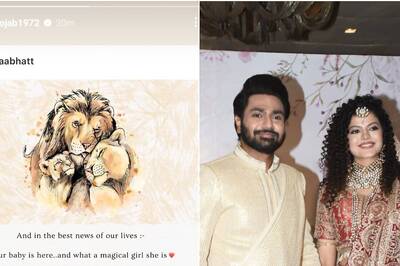

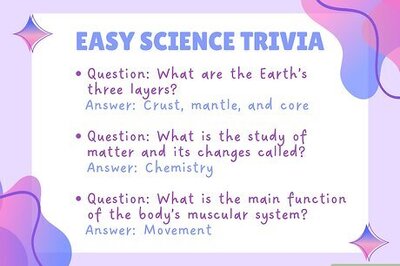


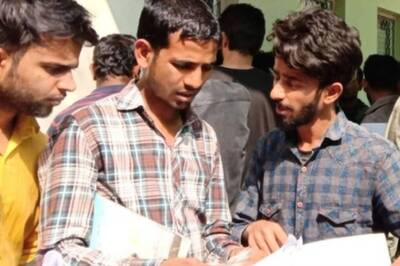
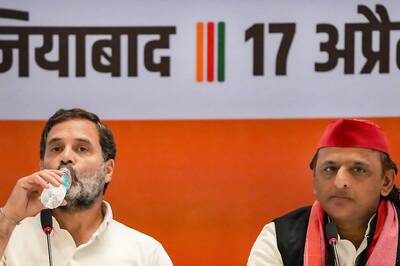
Comments
0 comment